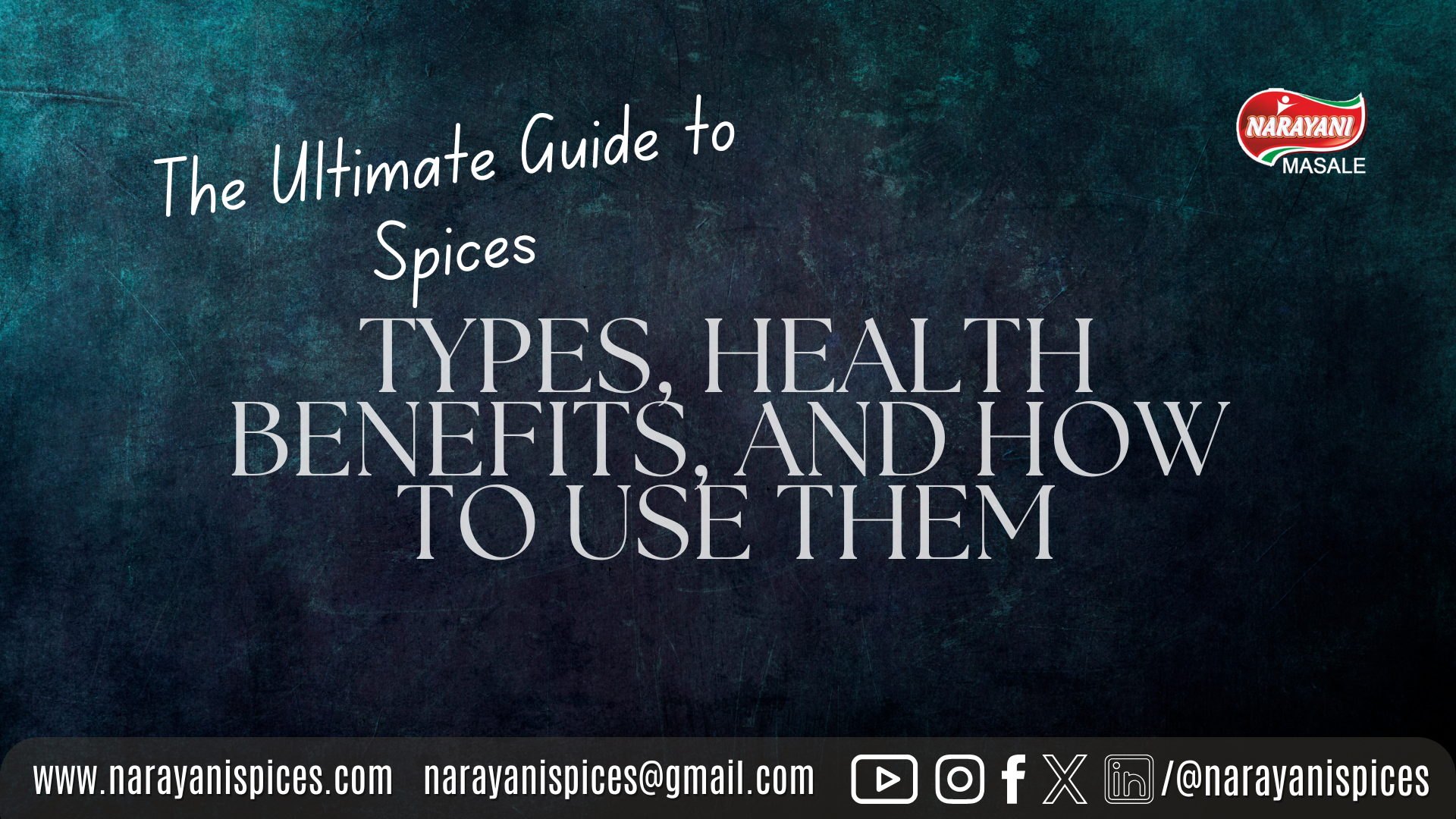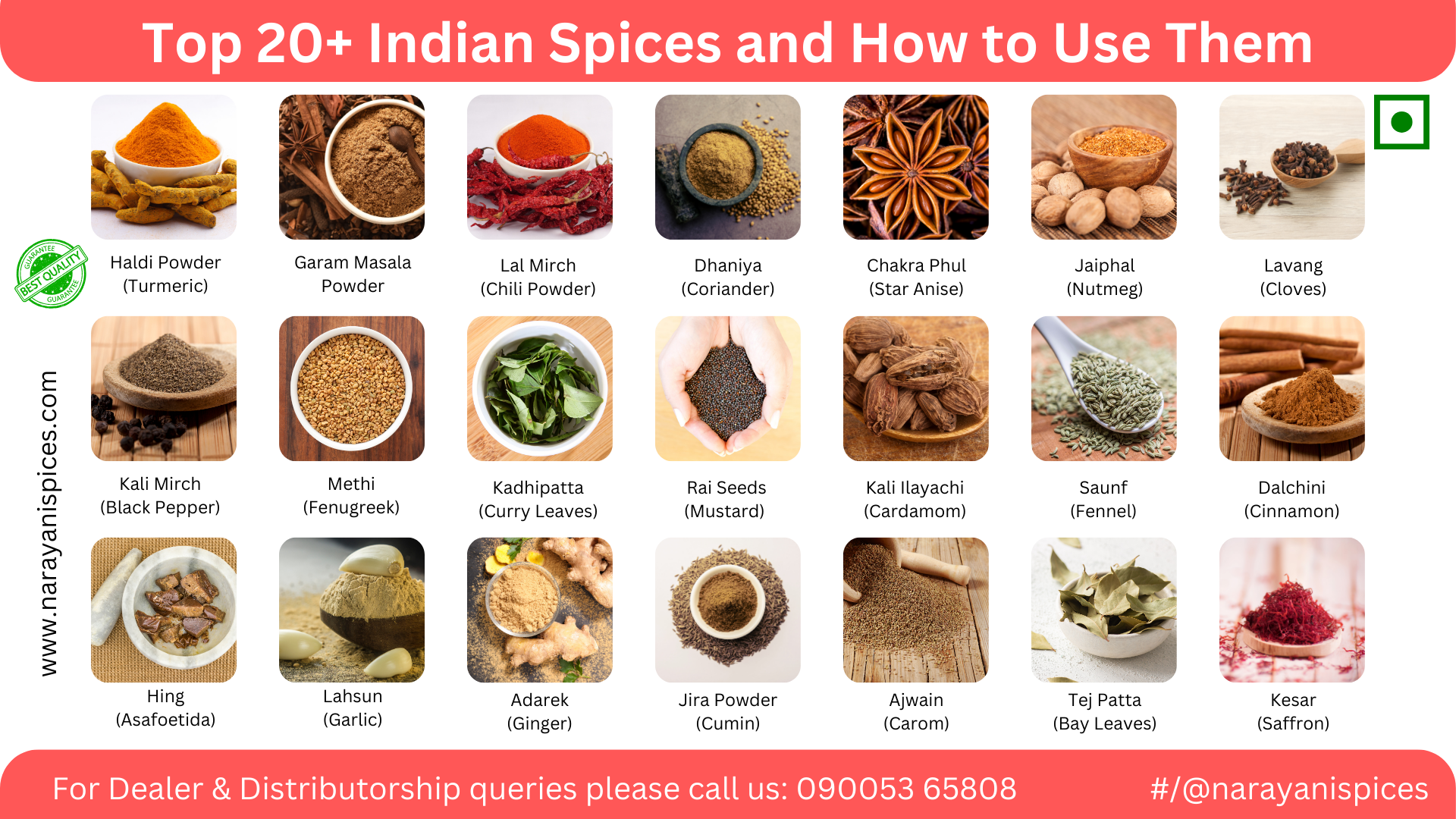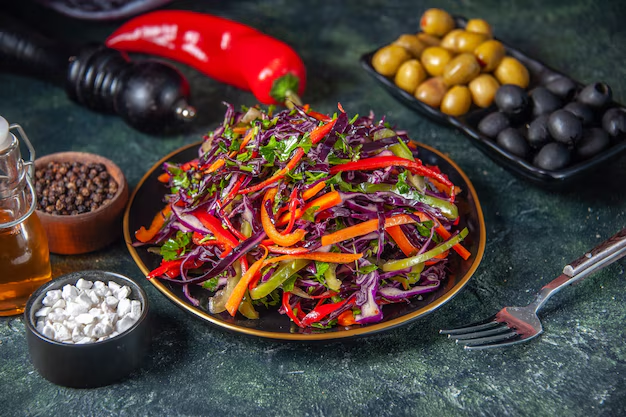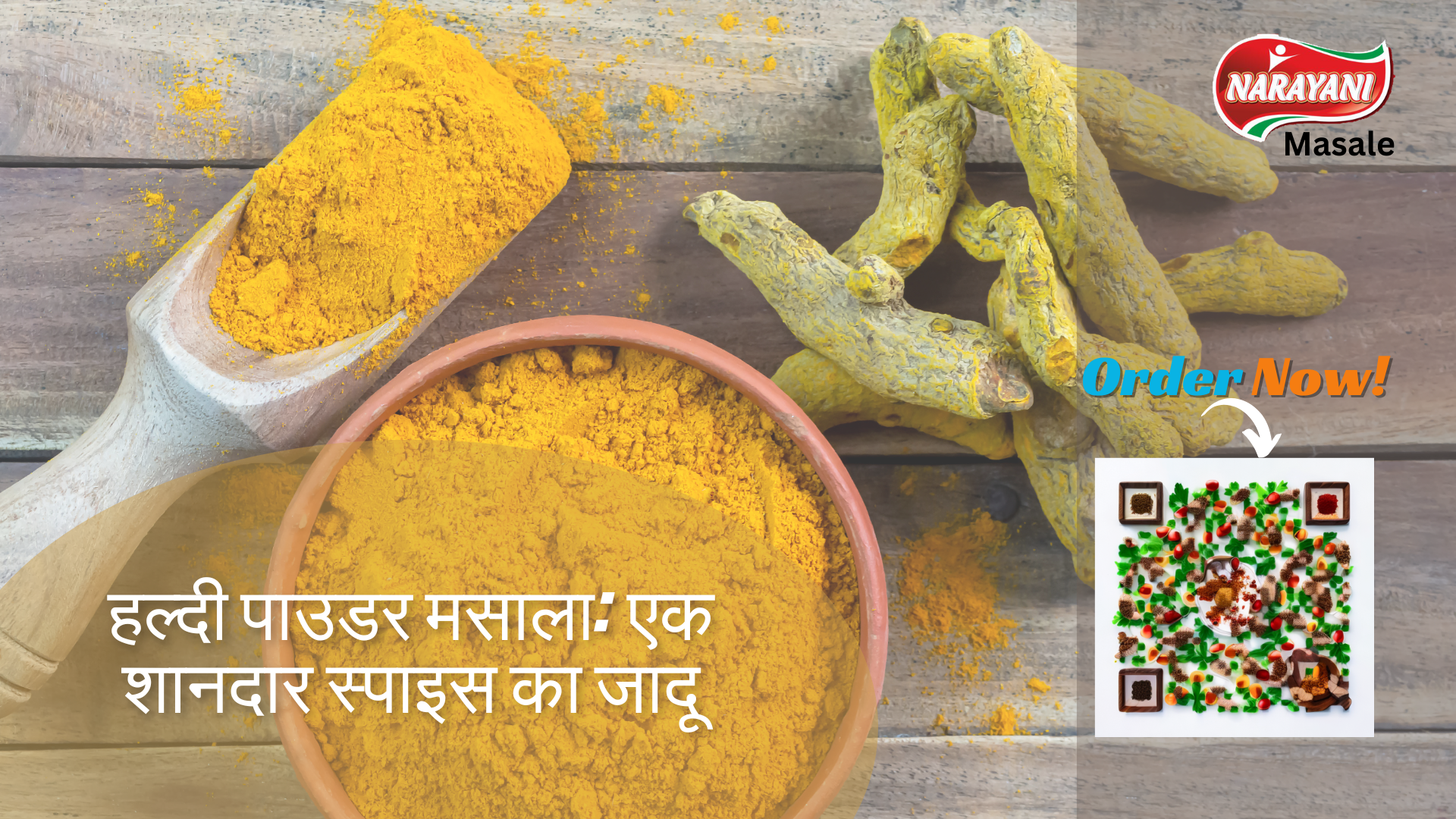Spices have been an integral part of human cuisine and culture for thousands of years. From ancient trade routes to modern-day kitchens, these aromatic and flavorful ingredients have the power to transform a simple dish into a gourmet experience. In this ultimate guide to spices, we’ll explore different types of spices, their incredible health benefits, and how to use them in your cooking to enhance flavor and nutrition.
What Are Spices?
Spices are plant-derived substances used to flavor food, preserve it, and even offer medicinal benefits. They come from different parts of plants—seeds, bark, fruit, and roots—each with its own unique flavor profile and aroma. Unlike herbs, which typically come from the leaves of plants, spices offer stronger, more concentrated flavors, making them a fundamental component in the global culinary tradition.
In this guide, we’ll cover:
- Types of Spices
- Health Benefits of Spices
- How to Use Spices in Your Cooking
Types of Spices How to use them
Spices are as diverse as the cuisines that use them. Each spice carries its own unique flavor and aroma, allowing cooks to experiment and create flavor profiles that suit various tastes. Below are some of the most popular spices used in kitchens worldwide:
1. Black Pepper
- Flavor: Spicy, slightly woody
- Origin: Native to India, now cultivated in tropical regions worldwide
- Uses: A kitchen staple, Black Pepper can be sprinkled on nearly everything—salads, meats, vegetables, and soups. It also pairs well with lemon and garlic.
Health Benefits:
- Rich in piperine, which helps improve digestion.
- Contains antioxidants that fight inflammation and oxidative stress.
2. Turmeric
- Flavor: Warm, slightly bitter, earthy
- Origin: Native to Southeast Asia, particularly India
- Uses: Known for its vibrant yellow color, Turmeric (Haldi Powder) is the base of curry powder. It’s commonly used in Indian, Middle Eastern, and Southeast Asian dishes.
Health Benefits:
- Contains curcumin, a powerful anti-inflammatory and antioxidant compound.
- Supports joint health and improves cognitive function.
3. Cumin
- Flavor: Warm, earthy, slightly nutty
- Origin: Native to the Mediterranean and Western Asia
- Uses: Often found in spice blends like Chili Powder and taco seasoning, cumin enhances the flavor of stews, curries, and roasted vegetables.
Health Benefits:
- Known to aid digestion and reduce bloating.
- Helps in lowering blood sugar levels and has antimicrobial properties.
4. Cinnamon
- Flavor: Sweet, woody, warm
- Origin: Native to Sri Lanka and India
- Uses: Cinnamon is used in both sweet and savory dishes. It can flavor oatmeal, baked goods, or even meats like lamb and chicken.
Health Benefits:
- Regulates blood sugar levels, making it beneficial for people with diabetes.
- Contains cinnamaldehyde, which has anti-inflammatory and antibacterial properties.
5. Ginger
- Flavor: Spicy, slightly sweet
- Origin: Southeast Asia
- Uses: Fresh or dried Ginger is used in a variety of dishes, from soups and stir-fries to smoothies and baked goods. It’s also used in herbal teas.
Health Benefits:
- Known to aid digestion, reduce nausea, and alleviate motion sickness.
- Offers anti-inflammatory benefits, helping to soothe sore muscles and joints.
6. Cardamom
- Flavor: Sweet, floral, slightly spicy
- Origin: Native to India and Guatemala
- Uses: A key ingredient in chai tea, Cardamom is also used in Scandinavian baking and Middle Eastern dishes.
Health Benefits:
- Known to improve digestion and reduce bloating.
- Has antimicrobial properties, helping to freshen breath.
7. Cloves
- Flavor: Warm, sweet, and slightly bitter
- Origin: Native to Indonesia
- Uses: Commonly used in spiced cakes, mulled wine, and savory dishes like curries, Cloves add a distinct flavor to both sweet and savory recipes.
Health Benefits:
- Rich in antioxidants and eugenol, which has anti-inflammatory effects.
- Known for its ability to aid digestion and alleviate toothache.
Health Benefits of Spices
Spices are not just flavor enhancers—they also offer numerous health benefits. Below are some of the key health benefits that various spices can provide:
Anti-inflammatory Properties
Many spices contain natural compounds that can help reduce inflammation in the body, which is linked to numerous chronic diseases. Turmeric, ginger, and cinnamon are all known for their potent anti-inflammatory effects.
Antioxidants
Spices like cinnamon, cloves, and black pepper are packed with antioxidants, which help protect the body from oxidative damage caused by free radicals. Regular consumption of antioxidant-rich spices may help prevent chronic conditions like heart disease and cancer.
Digestive Health
Spices such as cumin, ginger, and fennel are well-known for their digestive properties. These spices help stimulate the digestive process, reduce bloating, and relieve constipation. Peppermint is another spice that can help calm an upset stomach and improve digestion.
Blood Sugar Regulation
Spices like cinnamon and ginger have been shown to help regulate blood sugar levels, making them especially beneficial for people with type 2 diabetes or insulin resistance. Fenugreek is another spice that can help lower blood sugar.
How to Use Spices in Your Cooking
Now that we’ve explored the types of spices and their health benefits, let’s talk about how to incorporate them into your daily cooking. Here are some tips for using spices to maximize both flavor and health benefits:
1. Start with Fresh Spices
While ground spices offer convenience, using whole, fresh spices typically results in a more robust and vibrant flavor. Grinding spices yourself, whether with a spice grinder or a traditional mortar and pestle, helps to release their essential oils and aromatic compounds, ensuring you get the freshest, most intense taste. This method not only enhances the flavor of your dishes but also preserves the full potency and complexity of the spices, which can degrade over time once ground. Taking a few extra minutes to grind your spices can truly elevate the taste of your cooking and make a noticeable difference in the final dish.
2. Toast Your Spices
To unlock the full depth of flavor in spices like cumin, coriander, and cardamom, try toasting them in a dry pan over low heat for a few minutes. This gentle heating process helps to release the essential oils within the spices, enhancing their natural aroma and flavor. The warmth activates the spices’ aromatic compounds, bringing out their rich, earthy notes and making them more fragrant. Toasting not only intensifies the flavor but also gives the spices a deeper, more complex taste, which can elevate the overall profile of your dish. Just be sure to watch them closely, as overheating can cause them to burn.
3. Experiment with Spice Blends
Instead of relying on individual spices, consider crafting your own custom spice blends. For instance, mixing turmeric, coriander, cumin, and cinnamon creates a flavorful and aromatic curry powder that can enhance a variety of dishes. When making your own blends, you have the flexibility to adjust the proportions to suit your personal taste. Once you’ve blended your spices, store them in airtight containers in a cool, dark place to preserve their full potency and flavor. Exposure to heat and light can cause the essential oils and aromatic compounds in spices to degrade over time, so keeping your blends well-sealed and protected will ensure they remain fresh and aromatic for longer.
4. Use Spices in Drinks
Spices aren’t just for food. Add cinnamon or ginger to your morning coffee or tea for a warming boost. You can also make a homemade spiced hot chocolate with cocoa powder, cinnamon, and nutmeg.
5. Incorporate Spices into Baking
Spices such as cloves, nutmeg, and cardamom work beautifully in baked goods like cakes, cookies, and bread. Spice up your favorite banana bread recipe with a touch of cinnamon and nutmeg for extra flavor.
Conclusion
Spices are much more than flavor enhancers—they are powerful ingredients that can boost the taste, health benefits, and overall nutrition of your food. Whether you’re adding a pinch of black pepper to your morning eggs or crafting a custom curry blend, spices provide endless opportunities to elevate your cooking.
The next time you’re in the kitchen, reach for a spice jar and experiment with these flavorful ingredients. Not only will you enjoy the bold flavors they bring, but you’ll also experience their many health benefits. From turmeric’s anti-inflammatory properties to cardamom’s digestive support, spices are nature’s little wonders—ready to transform your meals and your well-being.





